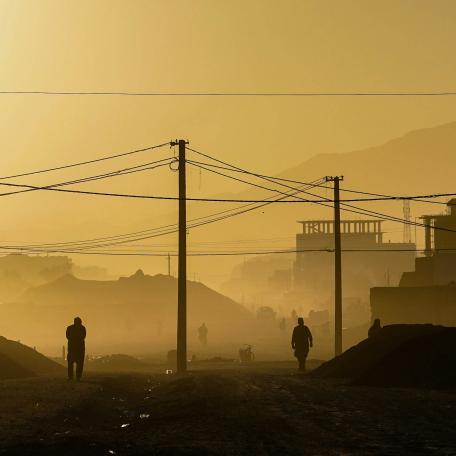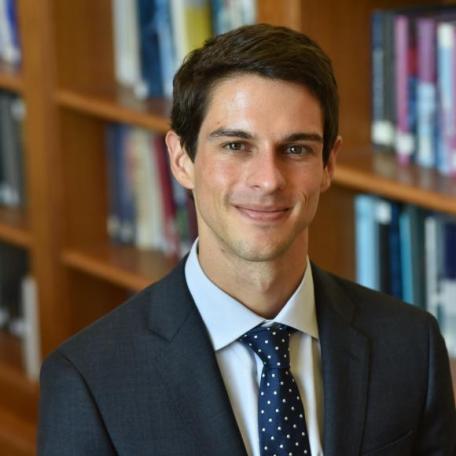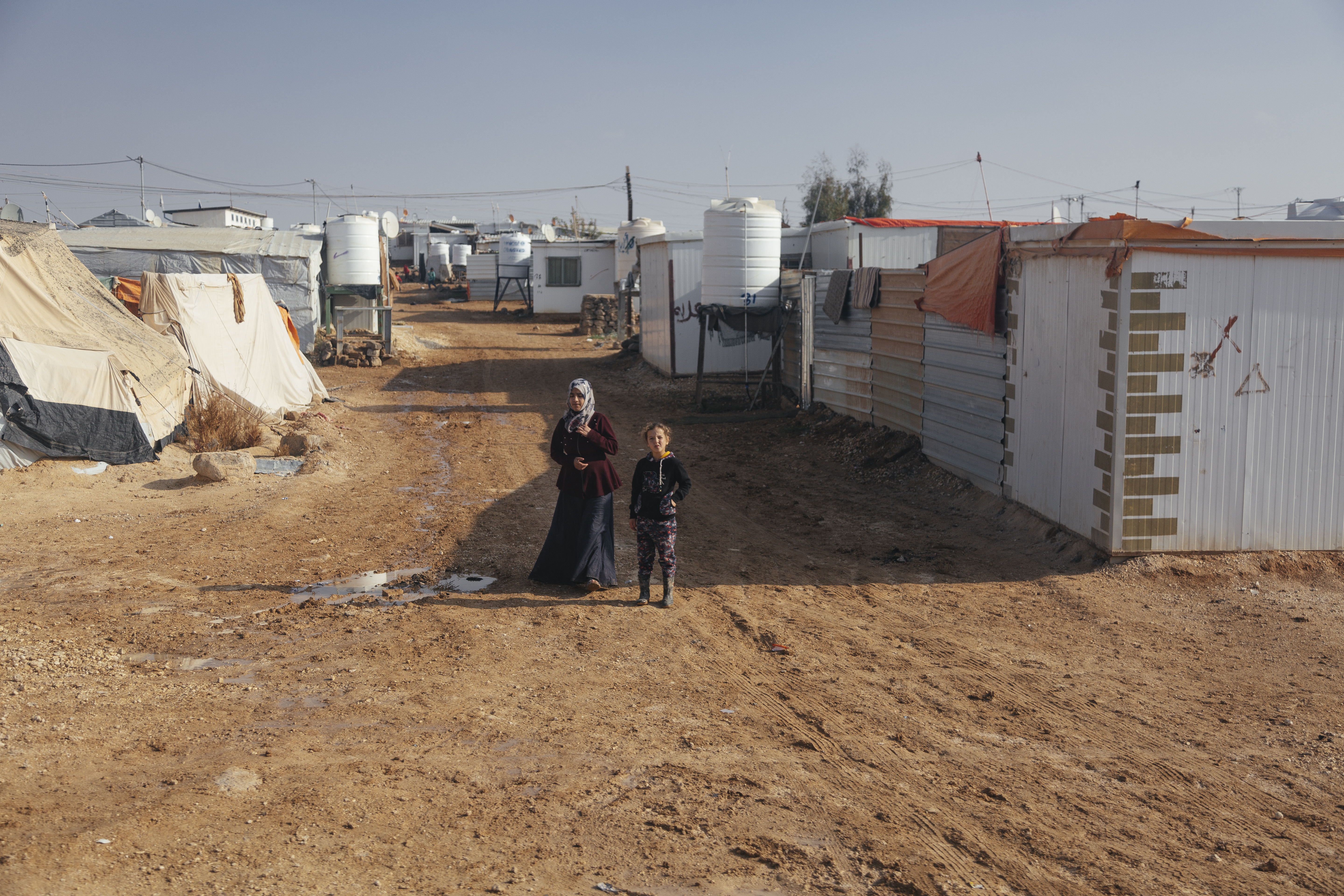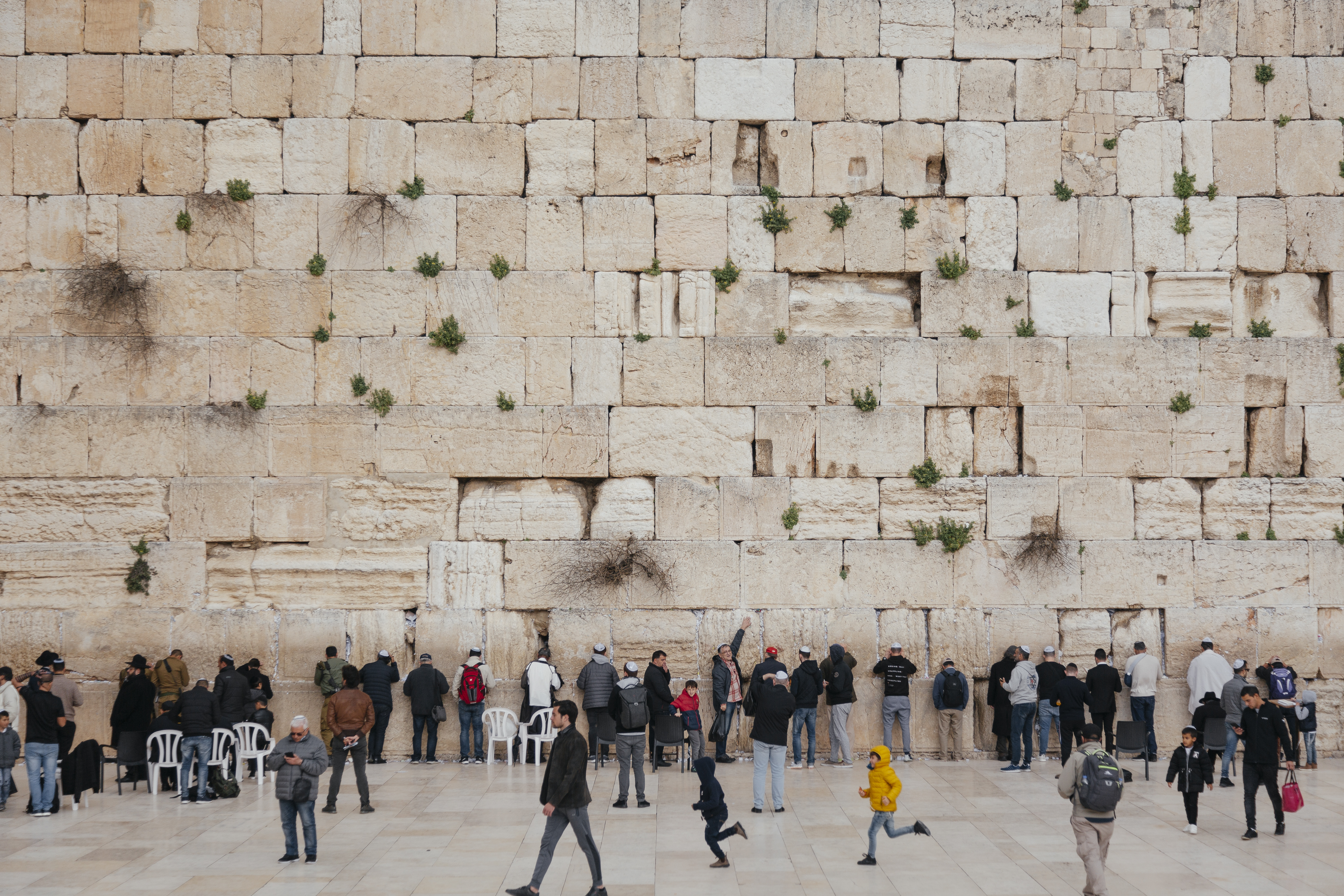Will Displaced Syrians Ever Return? History Says No.
Across the Middle East and Europe, millions of uprooted Syrians are making decisions about their future. Unless the international community takes their motives and calculations seriously, ill-conceived humanitarian policies risk exacerbating, rather than preventing, future political instability. Many displaced Syrians experience tremendous suffering and yearn for an end to the conflict; the international community, and in particular Syria’s neighbor states, shoulders an incredible burden to care for the displaced. Yet when we address displacement through temporary arrangements, such as refugee camps, we make the implicit assumption that once the conflict ends most Syrians will choose to return to their original homes. History shows that this assumption is not realistic. We should expect the civil war to permanently change Syrian demographics, in particular by accelerating the process of urbanization, and policymakers need to plan postwar reconstruction for a country that will look dramatically different than it did in 2011. Failure to plan for a growing urban population will likely generate exactly those conditions — poverty, slums, unemployment, marginalization, and restive youth bulges — that caused the civil war to break out in the first place.





